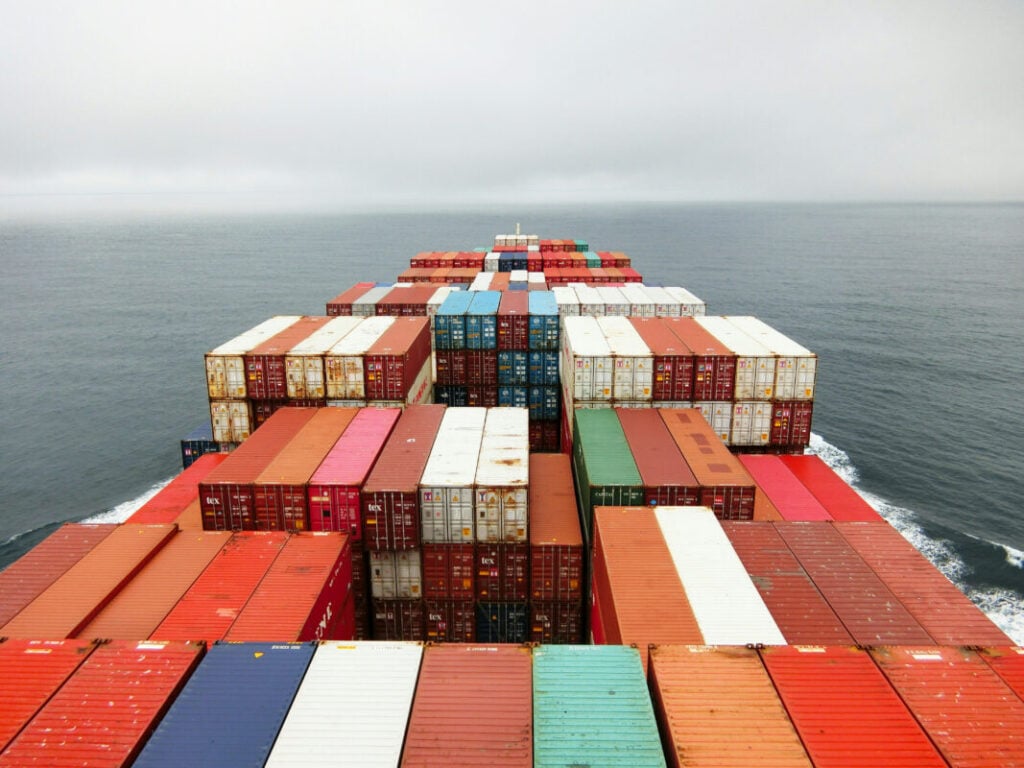
The retroactive collection of duties on historical solar imports to the US has been temporarily paused pending the outcome of an appeal.
At the end of August, the US Court of International Trade (CIT) ruled that the Biden administration’s two-year suspension of antidumping and countervailing duty (AD/CVD) tariffs on largely Chinese-made solar imports from Southeast Asia was unlawful.
Try Premium for just $1
- Full premium access for the first month at only $1
- Converts to an annual rate after 30 days unless cancelled
- Cancel anytime during the trial period
Premium Benefits
- Expert industry analysis and interviews
- Digital access to PV Tech Power journal
- Exclusive event discounts
Or get the full Premium subscription right away
Or continue reading this article for free
The ruling on the case, brought by Auxin Solar and Concept Energy, paved the way for retrospective duty payments amounting to potentially tens of billions of dollars on solar imports brought into the US between June 2022 and June 2024.
But an appeal by the defendant-intervenors in the case has been filed with the US Federal Circuit. Among them are trade bodies, the Solar Energy Industries Association and American Clean Power Association, developer NextEra Energy, and a number of companies whose hardware is affected by the August judgement, including most of the big-name Chinese module producers, such as JA Solar, Trina Solar and Jinkosolar.
Pending the outcome of that appeal, the court has granted the appellants’ request that the collection of duties be stayed. Furthermore, it has instructed US Customs to suspend the liquidation of any unliquidated imports, meaning those still potentially liable to duty payments. The appellants’ brief in the appeal is due by 17 November.
In their motion requesting the stay on collection of duties, the defendants highlighted that “very substantial volumes” of modules had been imported during the moratorium period on the understanding they would not be subject to AD/CVD duties. They argued that the court’s decision to “upend that reliance” had “enormous consequences for the US solar industry”, to the tune of “billions of dollars”.
Spelling out the consequences of these liabilities, the motion added: “Absent a stay, the imposition of these tariffs will impose a massive financial burden on these companies—resulting in severe economic consequences—and also disrupt contracts, business relationships, and substantial US investments. Defendant-Intervenors will have no choice but to take out hefty loans at unfavourable rates, scale back their US operations, strain customer and stakeholder relationships, and potentially even declare bankruptcy if they are unable to finance the massive retroactive duty bills.”
The pause on the collection of duties will therefore provide temporary relief to importers facing potentially huge payments.
But in a blog post last week, partners at the law firm Morgan Lewis highlighted the ongoing risks of “significant additional duties” on products imported during the moratorium period if the CIT’s decision is affirmed in the appeal.
“For now, companies are advised to coordinate with their producers and exporters to file certifications and monitor the liquidation status of their entries to ensure any products that are outside the scope of the orders are not subject to AD/CVD,” the lawyers wrote.






